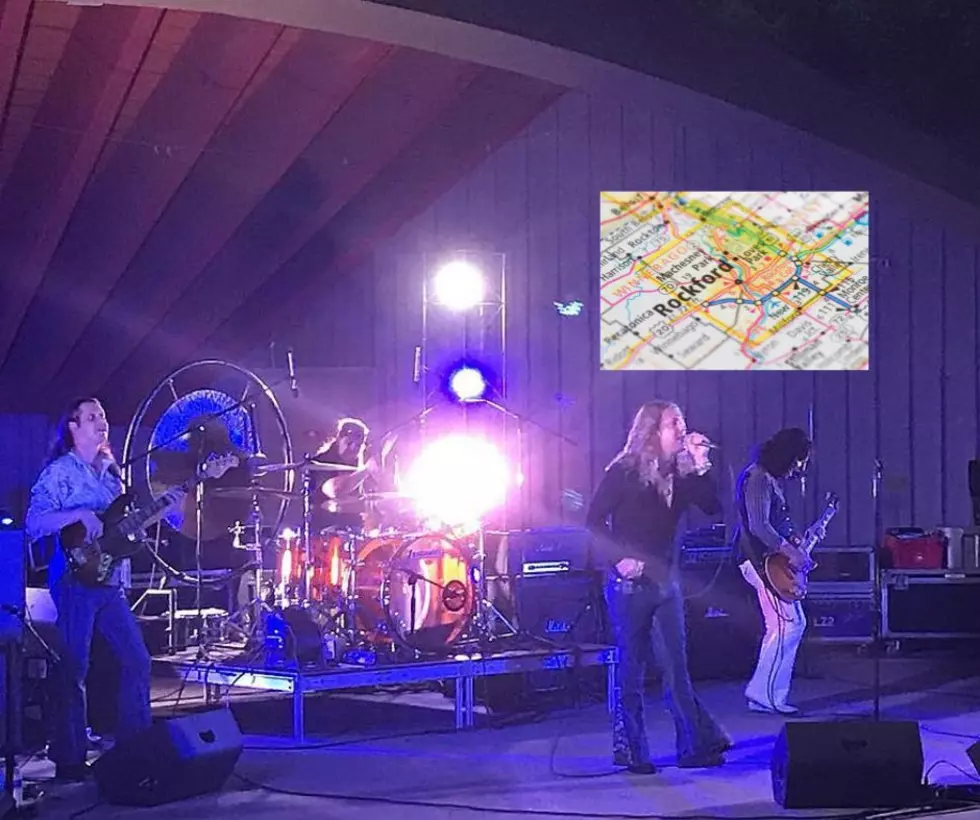
BBB Says Scammers Are Combining Census, Stimulus Checks
The 2020 US Census is coinciding with a once in a lifetime global pandemic, shelter-in-place orders, and government stimulus payments to create a perfect storm for scammers.
A big red flag will be if you're told that you have to fill out a Census 2020 form in order to qualify for your stimulus check. You don't have to do that, but scammers are counting on those they prey on not knowing that fact.
That's according to the experts in spotting and stopping scammers, The Better Business Bureau (BBB).
Dennis Horton, director of the Rockford Regional office of the Better Business Bureau:
With so much going on at once, scammers are using the unique circumstances to sow confusion. Their goal is to get their hands your money or personal information, which they can use to steal your identity.
The BBB says this is how the scam works:
- You receive an unsolicited message via text, email, or a social media messenger. The message explains that to qualify for your stimulus payment you need to first complete the 2020 Census. Whether or not you’ve completed the real Census, don’t click. It’s a scam!
- Some versions of the phony message include a link to a website “for more information.” If you click the link, you could unknowingly download malware onto your computer or phone. This virus can give scammers access to your usernames, passwords, and other personal information stored on your computer.
- In other cases, the link may take you to a website that looks like the official Census Bureau. However, the website is a fake. You will be asked for personal information, such as your Social Security number and bank account information. The Census Bureau does not ask for this information!
The BBB's Dennis Horton offers these tips to avoid a Census scam:
- Know how the Census Bureau communicates. The Census Bureau will only send you emails if you already signed up for them, and it will never ask you to send personal information in an email.
- In addition, the Census Bureau will never contact you on behalf of a political party
- Only visit official websites directly by typing in their URL , not clicking on links. Valid U.S. government websites almost always end in “.gov”. You can find key information about the 2020 Census at 2020census.gov and information about economic stimulus payments at irs.gov/coronavirus
- Never click on links in unsolicited messages. Phishing scams direct you to websites that look official, but these sites may be infected with malware. If you don’t know and trust the person who sent you the message, don’t click on any links.
More From 96.7 The Eagle









